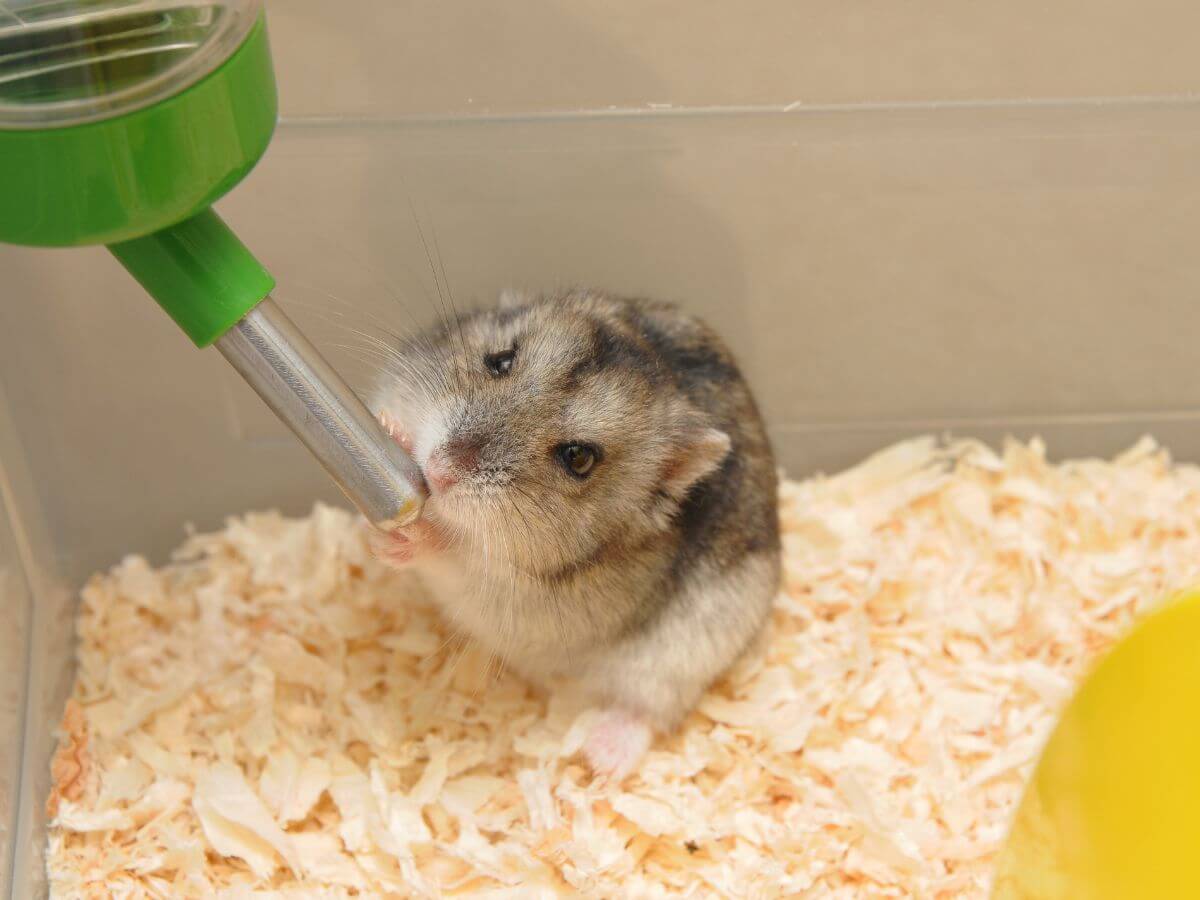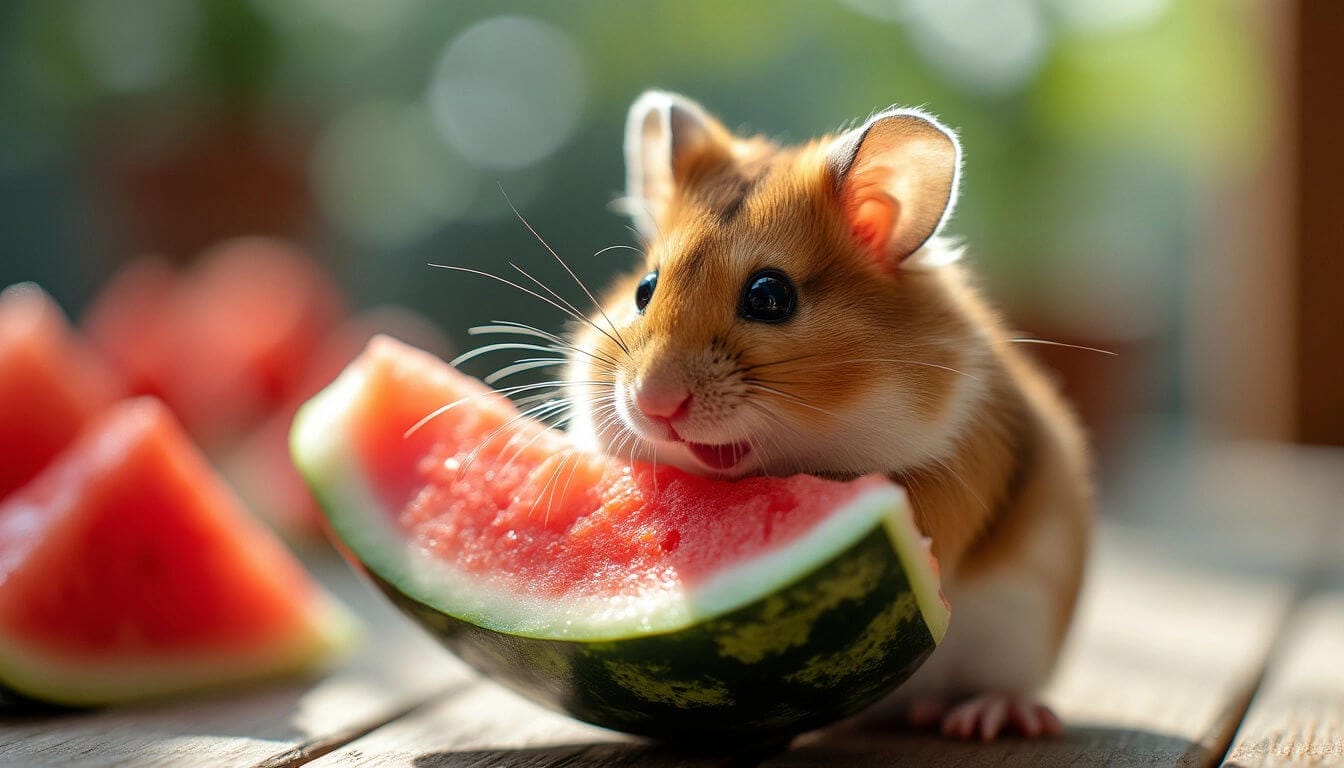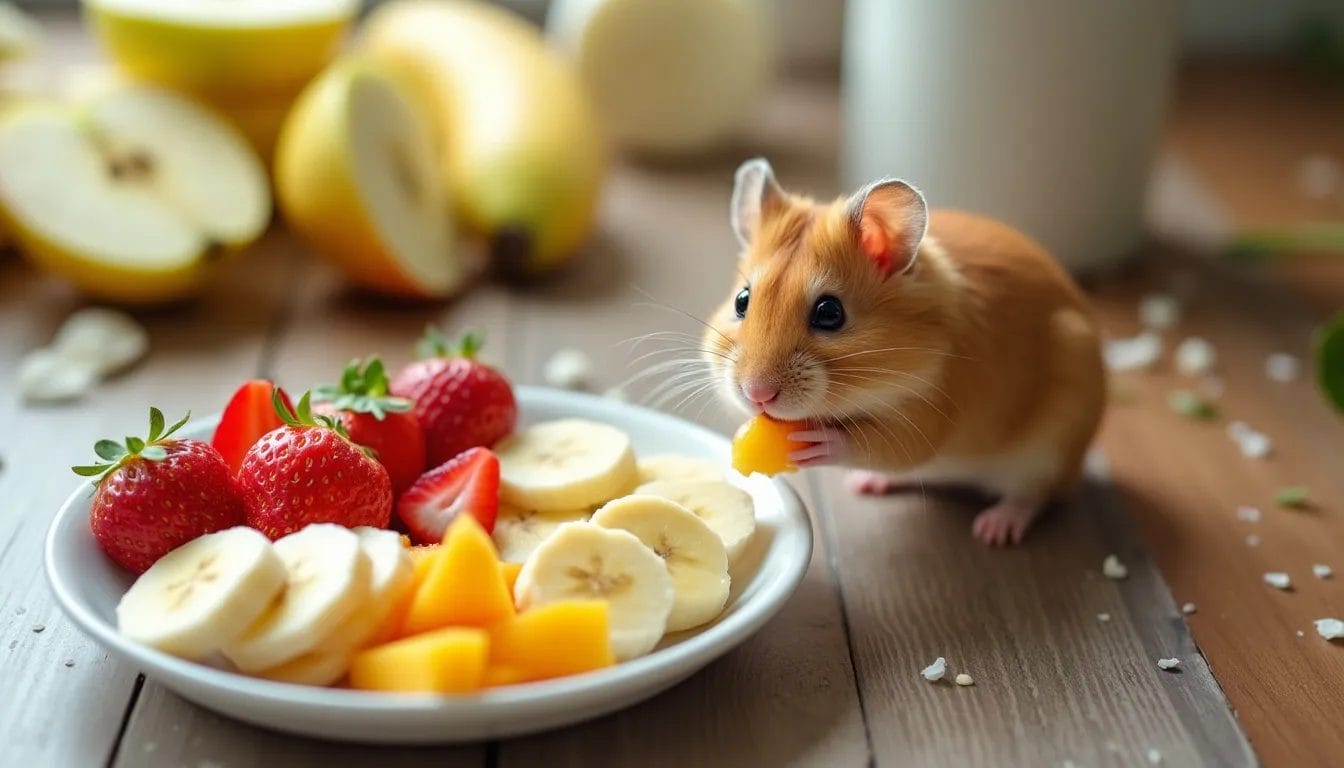
Have you ever wondered just how long a hamster can survive without food and water? These adorable furry creatures are beloved pets for many, but their small size and unique physiology raise questions about their survival capabilities. As a responsible hamster owner, it’s crucial to understand the importance of providing adequate nutrition and hydration for your tiny friend. So, how long can a hamster go without food and water before facing dire consequences? Let’s unravel this intriguing question together to ensure you’re equipped with the knowledge needed to properly care for your beloved pet.
The importance of providing food and water for your hamster
Ensuring that your hamster has a consistent supply of food and water is crucial for their health and well-being. A nutritious diet tailored to meet their specific dietary needs is essential to keep them healthy and active. Hamsters require a balanced mix of seeds, grains, fruits, and vegetables to thrive and maintain optimal nutrition levels.
Fresh, clean water should always be available to prevent dehydration and aid in digestion. Hamsters are small pets with high metabolisms, making it important to monitor their food and water intake regularly. By providing a proper diet and access to water, you are helping your hamster stay happy, energetic, and less prone to health issues. Remember, a well-fed and hydrated hamster is a happy hamster!
How long a hamster can survive without food and water
A hamster can survive for approximately 3-4 days without food, but access to water is crucial for their survival. Adequate hydration is essential for maintaining their health and bodily functions. In the absence of water, a hamster’s well-being deteriorates rapidly, leading to dehydration and ultimately jeopardizing their life. While a hamster may endure a few days without food, the same cannot be said for water. It’s essential to ensure that hamsters have constant access to fresh water to prevent any risks to their health and longevity. Monitoring their food and water intake closely is vital in maintaining their well-being and ensuring they lead a healthy and fulfilling life.
Signs that your hamster may be suffering from dehydration or starvation
If you observe your hamster with droopy, sunken eyes and a dull, dry appearance, these could be signs of dehydration. Another indicator is sudden weight loss, as dehydrated hamsters may stop eating. It’s crucial to pay attention to any changes in your pet’s behavior, such as inactivity or lack of appetite. These symptoms could also be red flags for starvation or underlying health issues. Regularly monitor your hamster’s weight and overall well-being to ensure they are healthy and receiving adequate care. If you notice any concerning signs, consult a veterinarian for proper diagnosis and treatment.
Tips for ensuring your hamster always has access to food and water
Ensuring your hamster always has access to food and water is crucial for their health and well-being. Firstly, make sure to provide a constant supply of fresh water in a secured water bottle to prevent spillage and contamination. Additionally, choose a heavy ceramic food bowl to prevent tipping over and keep their food clean. It’s essential to check their food and water supply daily and refill as needed. Finally, consider placing extra food and water sources in different areas of their habitat to ensure easy access, especially if you have multiple hamsters. By following these simple tips, you can help keep your furry friend happy and healthy.
Common misconceptions about how long a hamster can go without food
Many people believe that hamsters can survive for days without eating, but this is a dangerous misconception. In reality, hamsters need to eat regularly to maintain their energy levels and overall health. A hamster can only go without food for about 24 hours before facing serious consequences such as lethargy, weakness, and even death. It’s essential to ensure that your furry friend has access to fresh food daily.
Another common misconception is that hamsters will stop eating when they are full. However, these small creatures have a natural instinct to hoard food in their cheek pouches, even if they appear full. This behavior can lead to overeating and obesity if not monitored closely. It’s important to provide the right amount of balanced nutrition for your hamster while also keeping an eye on their eating habits to prevent any health issues from arising.
Conclusion: The importance of proper care and nutrition for your pet hamster
Caring for a pet hamster is more than just providing food and water. It requires attention to detail and consistency to ensure their well-being and happiness. Proper care involves creating a suitable habitat with enough space, bedding, and toys to keep them active and engaged. Regular cleaning and maintenance are also crucial to prevent health issues.
Nutrition plays a vital role in keeping your pet hamster healthy. A diet rich in a variety of seeds, pellets, fresh vegetables, and occasional treats will provide essential nutrients for their growth and development. Ensuring access to fresh water at all times is equally important to prevent dehydration.
Remember, hamsters are delicate creatures that rely on their owners for everything they need. By providing the right care and nutrition, you can enhance their quality of life and create a strong bond with your furry friend. So, take the time to educate yourself on the specific needs of hamsters and make their well-being a top priority. Your efforts will be rewarded with the joy and companionship of a happy and healthy pet.





